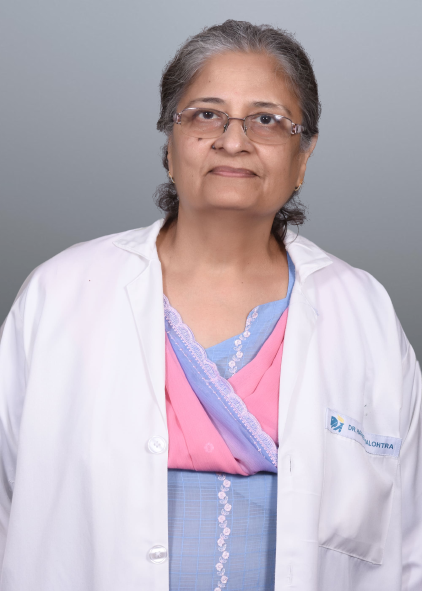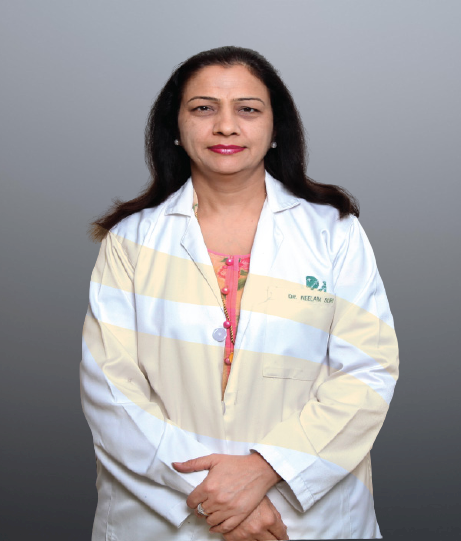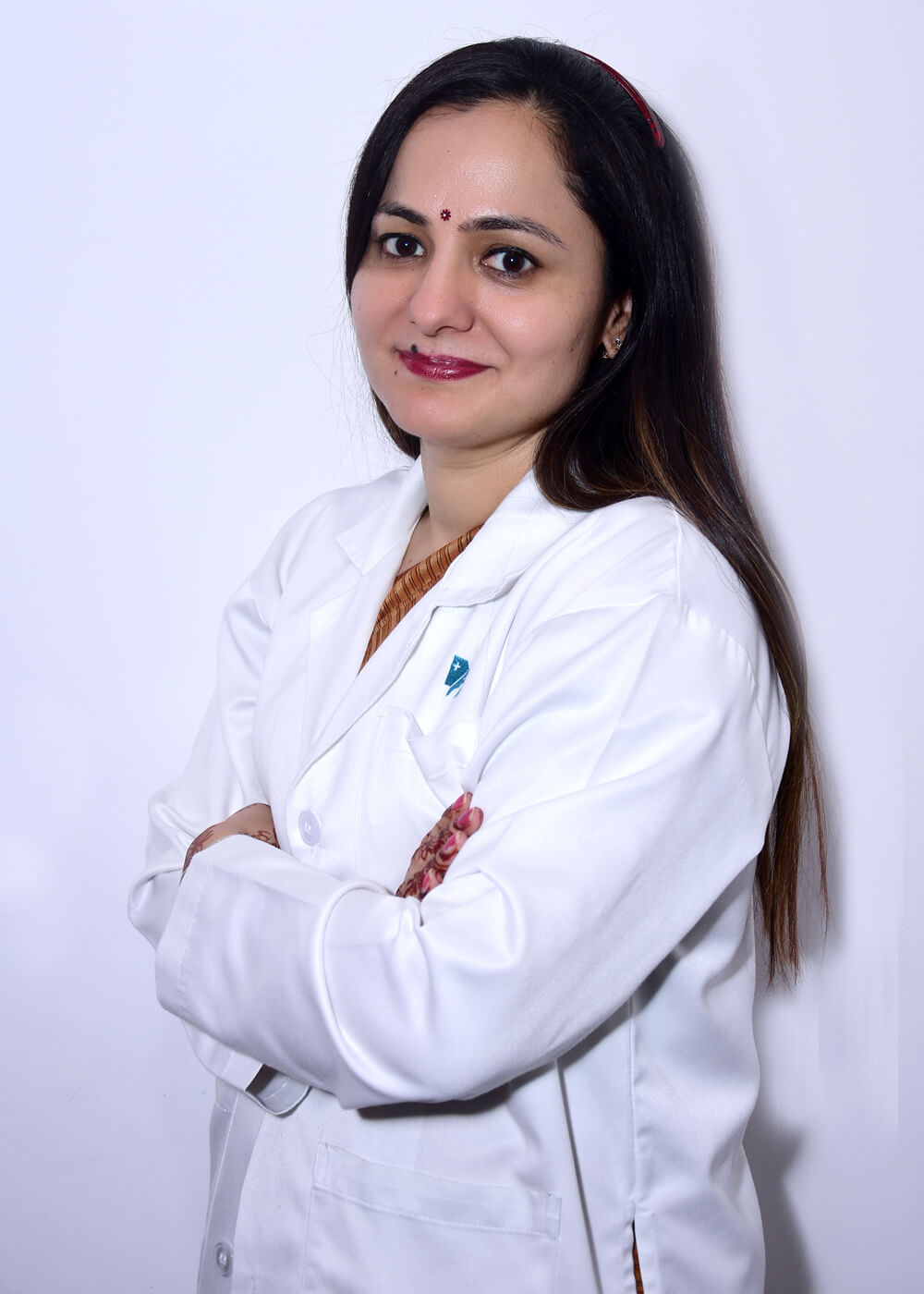Best Uterine fibroids Doctors in Delhi
Uterine fibroids, or leiomyomas, are non-cancerous growths that occur in the uterus. These tumours can grow as solitary masses or in clusters and vary greatly in size, from as small as a pea to as large as a grapefruit. While the exact causes remain unknown, genetic changes, hormonal influences, and extracellular matrix (substances that make cells stick together) seem to play crucial roles. Though benign, their growth can lead to severe discomfort, heavy periods, and even complications in pregnancy.
Delhi, like many states across India, sees a wide spectrum of health issues, including uterine fibroids. As per available statistics, women in Delhi, particularly those of reproductive age, are often diagnosed with uterine fibroids. Fortunately, this condition can be effectively controlled if correctly diagnosed and managed by the best doctors for uterine fibroids treatment AT Apollo Hospitals Delhi.







 Call Now
Call Now











